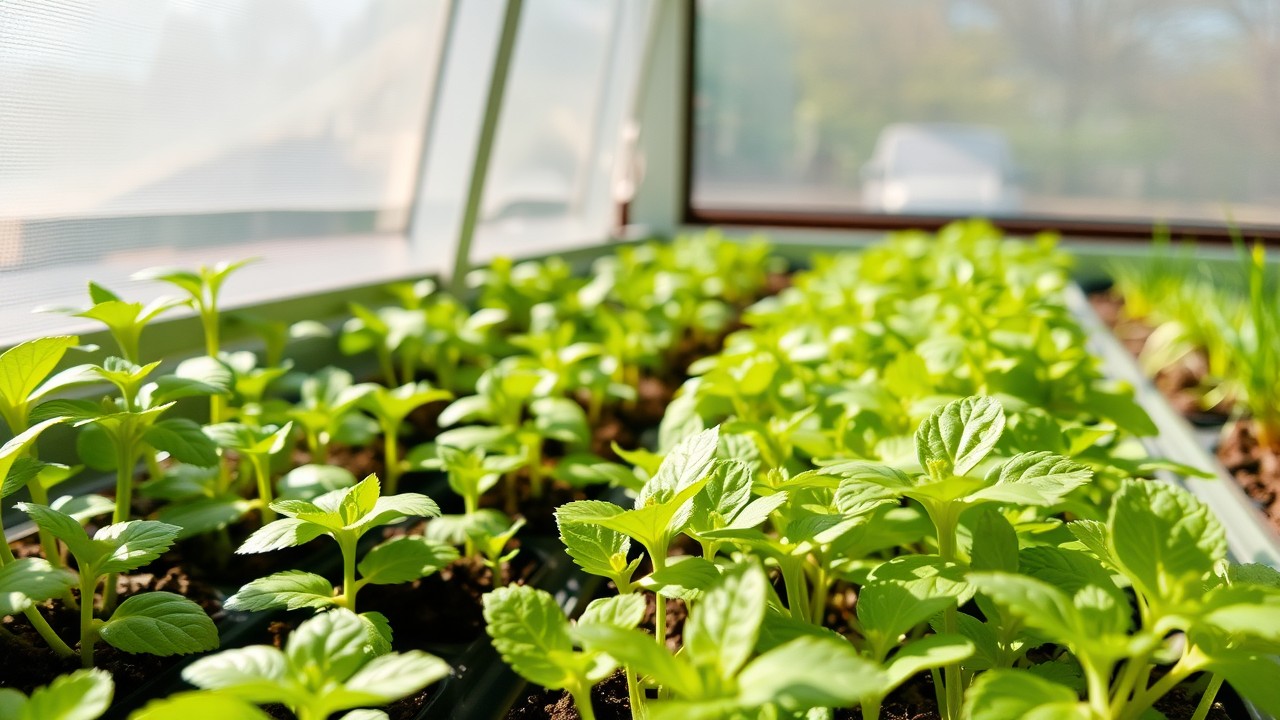For the gardener in a Southern summer, leaf wilting, stressed plants and poor yields are not rare events. But, if one employs the correct technique and suitable plant varieties, it is attainable to create a productive garden, regardless of the intense heat of the Southern sun. Raised bed gardening in the South, is an ideal solution providing improved drainage, soil management, and ease of management.
This article will explore the best-raised bed plants for hot climates, offering practical southern vegetable gardening tips and empowering you to enjoy a bountiful harvest despite the heat. We'll also discuss selecting heat-tolerant crops for Southern gardens that thrive even when the temperature rises.
Why Raised Beds Are Great for Southern Gardens
Heavy clay soil, a common problem found in the South, often produces drainage problems, which in turn can suffocate roots and hinder plant growth. By creating a raised planting area with well-draining soil, you'll prevent waterlogging and promote healthy root development, even for plants vulnerable to excess moisture. This is particularly significant for heat-tolerant crops for Southern gardens where stressed roots face further challenges during the hot season.
Beyond drainage, raised beds offer superior soil control. Southern soils can vary wildly in quality and composition. With the best-raised bed plants for hot climates, it is possible to create a supportive growing medium for any specific plant's needs, free from constraints. In addition, soil conditioning through the introduction of organic matter will offer a better supply of nutrients and water retention.

Moreover, pest and weed control are significantly easier in raised beds. The defined boundaries work as a containment effect and weed invasion is limited. Additionally, it will enhance the capability to detect and remove potentially annoying pests or weeds in their early stages before they become objectionable.
Besides, soil in raised beds warms up sooner in spring, and plants can be sown earlier. They also hold heat for longer periods into the fall, thereby prolonging your harvest season. This is an excellent tool, as raised bed gardening in the South can significantly extend the growing window.
Top Heat-Tolerant Vegetables for Raised Beds
Appropriate vegetable selection remains a very important factor in the success of raised bed gardening in the South. This section offers suggestions regarding the best raised bed plants for hot climates, specifically, edible and productive vegetables.
Sweet Potatoes
Sweet potatoes are very easy to cultivate in elevated beds and need very little care. They're also an excellent source of vitamins and fiber. Cultivate plant slips (rooted sweet potato shoots) in well-draining soils, and they will be vigorous. They are certainly among the best-raised bed plants for hot climates.
Tomatoes
Not all tomatoes can withstand the Southern heat, so selecting "heat-set" varieties is essential. Look for varieties like 'Florida 91' or 'Solar Fire' that will guarantee you can make use of juicy tomatoes all summer, and they are among the top vegetables for raised beds in hot climates.

Peppers
Jalapenos, habaneros, and cayenne peppers are all excellent choices as they require plenty of sunshine and well-drained soil. Peppers are widely affordable food choices and among the best crops for raised beds in warm regions.
Malabar Spinach
This leafy green is incredibly heat tolerant and can be used as a substitute for spinach in salads and cooked dishes. It climbs, hence a support frame/trellis structure is necessary when setting up your garden. Consider it one of the drought-tolerant plants for raised beds in the South.
Heat-Tolerant Herbs to Grow
Herbs are also an excellent decoration for any garden, delivering taste to your food. When selecting heat-resistant herbs for gardens, the following options are highly recommended:
Rosemary
Rosemary herbs are drought-tolerant plants for raised beds, which thrive in full sun and well-drained soil. The aromatic needles give a characteristic flavor to a large number of dishes, which makes it perfect for raised bed gardening in the South.
Thyme
Thyme is another excellent choice for hot, dry conditions, perhaps one of the best heat-resistant herbs for gardens. This miniature leafy plant is ideal for edging raised beds and lends itself to a discreet flavoring of many dishes.
Basil
Certain species of basil are more heat-tolerant than the ubiquitous basil, which can wilt in the heat. Thai basil and African Blue basil are both excellent garden plants for the south. Just remember to harvest regularly to encourage continued growth. Growing heat-resistant herbs for gardens is a great way to add fresh flavor to your dishes.
Mint
Mint is very easy to grow but also very vigorous. To prevent it from getting out of hand and filling up your raised bed, grow it in a container bed or in a pot of its own. It is also known to be one of the best crops for raised beds in warm regions.

Tips for Growing Heat-Tolerant Crops in Raised Beds
Watering Wisely
Hydrate deeply and infrequently, rather than superficially and frequently. Water in the morning to deter foliage from becoming wet at night, a condition that reduces the risk of fungal diseases. Due to the faster drying rate of raised beds compared to in-ground beds, monitor moisture levels regularly, particularly during the summer.
Mulching is Your Best Friend
Cover the surface of the raised beds around the plants with a deep layer of mulch. Organic mulches (straw, shredded bark, and wood chips) maintain soil moisture, suppress weed growth, regulate soil temperature, and provide a cooling effect on the root system. Mulching is key for southern growing, especially for drought-tolerant plants for raised beds.
Strategic Planting and Spacing
Overcrowding is typically associated with increased humidity and disease risk in the South. A well-spaced setting improves light penetration, and therefore the whole plant's health, which are critical properties for heat-tolerant crops for Southern gardens.
Monitor for Pests and Diseases
Some pests and diseases can be favored in hot and humid areas. To be on the safe side, it is recommended to inspect the plants frequently and transfer all the problems to organic pesticidal applications. Healthy plant management, through the provision of appropriate water, nutrients, and ventilation, will not only enhance the inherent defense capacity but will also enable them to deliver their full potential of 'natural defense'.
Conclusion
Raised bed gardening in the South is an excellent solution for overcoming the hot climate challenges and creating a productive garden. With the above tips, you can enjoy the heat with these ideal vegetables for raised beds in hot climates and reap the benefits of homegrown, fresh produce in the Southern summer.








